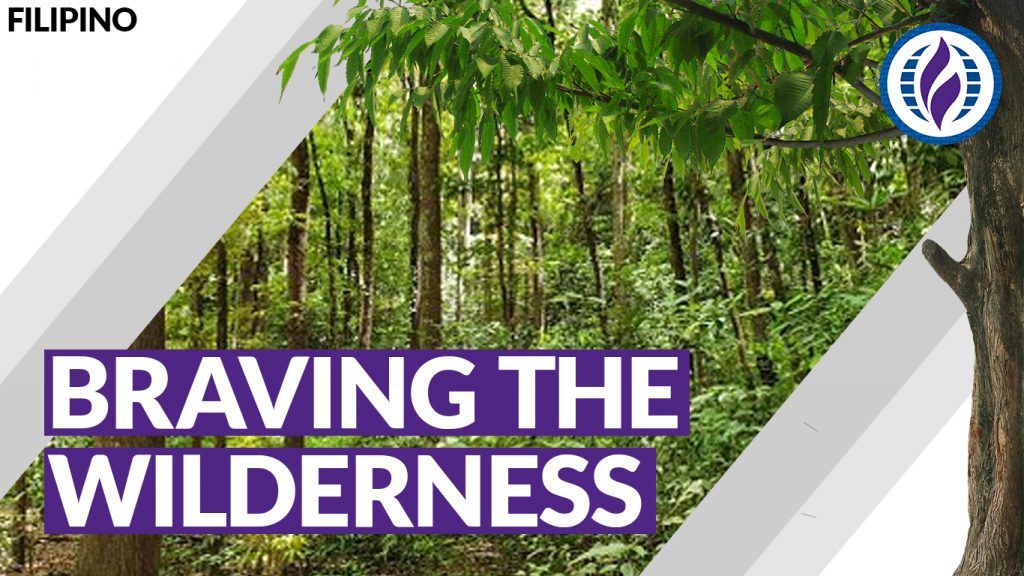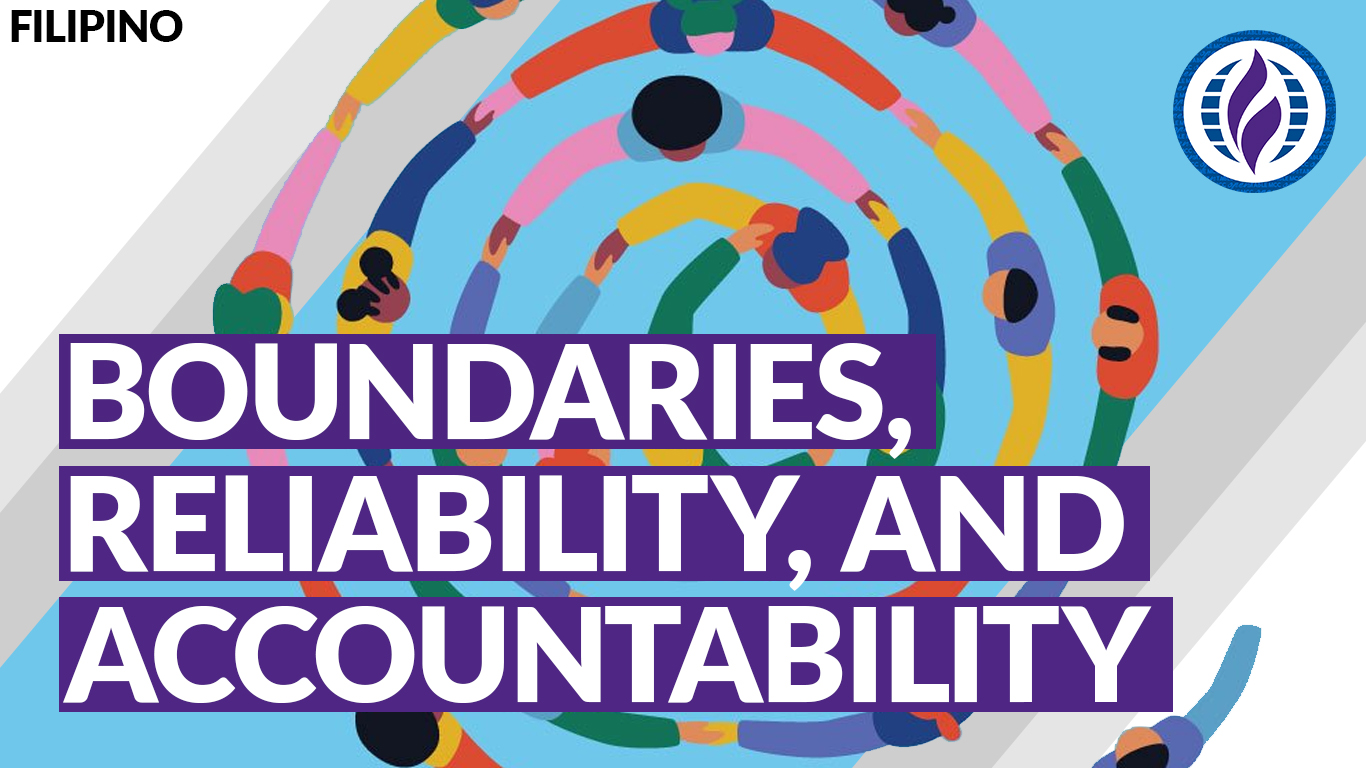Theologians, writers, poets, and musicians have always used the wilderness as a metaphor, to represent everything from a vast and dangerous environment where we are forced to navigate difficult trials to a refuge of nature and beauty where we seek space for contemplation. What all wilderness metaphors have in common are the notions of solitude, vulnerability, and an emotional, spiritual, or physical quest.
Belonging fully to yourself that you are willing to stand alone is the wilderness, an untamed unpredictable place of solitude and searching. It is a place as dangerous as it is breathtaking. A place sought after as it is feared. The wilderness can often feel unholy because we cannot control it, or what people think about our choice of whether to venture into that vastness or not. But it turns out to be a place of true belonging and is the bravest and the most sacred place you will ever stand.
The special courage it takes to experience true belonging is not just about braving the wilderness, it’s about becoming the wilderness.
Braving The Wilderness
by Brené Brown
The wilderness and the dry land shall be glad, the desert shall rejoice and blossom; like the crocus it shall blossom abundantly, and rejoice with joy and shouting. The glory of Lebanon shall be given to it, the majesty of Carmel and Sharon. They shall see the glory of the Lord, the majesty of our God.
A voice cries out: “In the wilderness prepare the way of the Lord; make straight in the desert a highway for our God. Every valley shall be lifted up, and every mountain and hill be made low; the uneven ground shall become level, and the rough places a plain. Then the glory of the Lord shall be revealed, and all flesh shall see it together, for the mouth of the Lord has spoken.”
Scripture Reading
Isaiah 35:1–2, 40:3-5 (NRSV)
Podcast: Play in new window | Download
Subscribe: Apple Podcasts | Spotify | RSS



